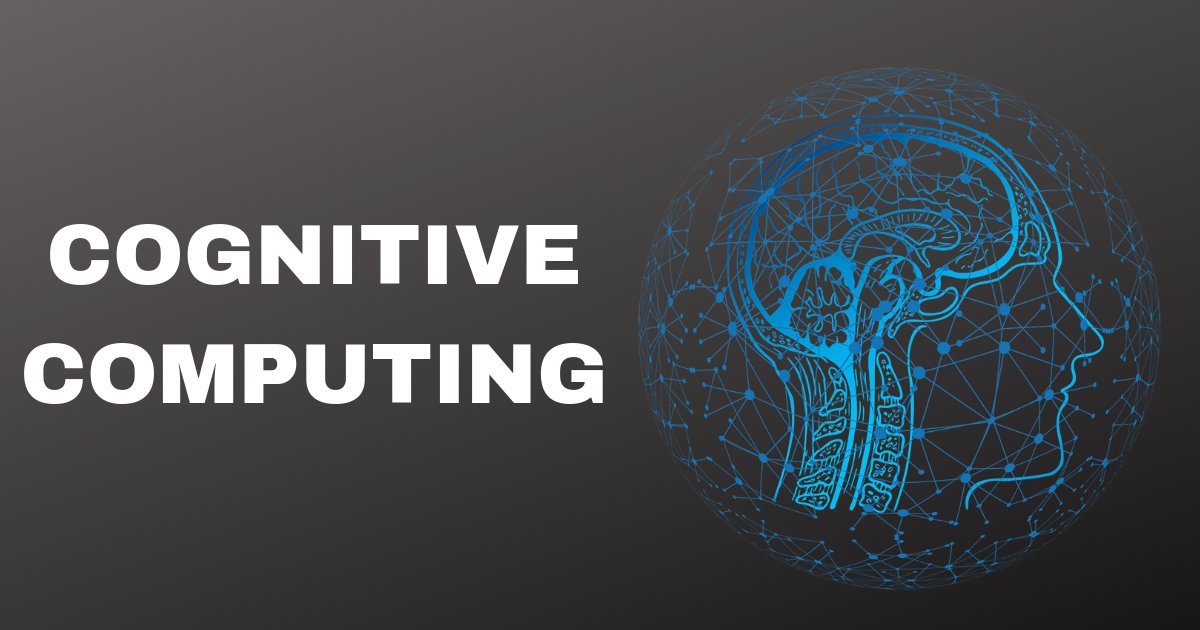
Unveiling the Future: Exploring Cognitive Computing Trends
Cognitive computing, at the intersection of artificial intelligence and human-like reasoning, is ushering in a new era of technological evolution. Let’s delve into the trends shaping this transformative landscape.
Understanding Cognitive Computing
Cognitive computing mimics human cognitive functions, combining data analysis, pattern recognition, and natural language processing. This technology aims to solve complex problems by understanding, reasoning, and learning, marking a departure from traditional computing approaches.
The Rise of Natural Language Processing
Natural Language Processing (NLP) is a pivotal trend in cognitive computing. As machines become more adept at understanding and generating human language, applications range from chatbots providing customer support to voice-activated virtual assistants, enhancing user interactions across various platforms.
Enhanced Decision-Making with Machine Learning Integration
Cognitive computing’s synergy with machine learning is a trend driving advancements in decision-making capabilities. As algorithms continuously learn from data, systems become more adept at making informed decisions, adapting to changing circumstances, and optimizing outcomes.
Cognitive Automation Transforming Industries
The integration of cognitive automation is reshaping industries. Tasks that once required human intervention are now automated, leading to increased efficiency and accuracy. From automating data analysis to handling routine administrative tasks, cognitive computing is streamlining operations across sectors.
Personalized Experiences through Cognitive Personalization
Cognitive computing trends extend to personalized experiences. By understanding user preferences and behaviors, systems can tailor content, recommendations, and interactions. This level of personalization enhances user engagement, whether in marketing, entertainment, or online platforms.
Healthcare Revolution with Cognitive Healthcare Systems
The healthcare sector is witnessing a transformative trend with cognitive healthcare systems. These systems analyze vast datasets, aiding in diagnosis, treatment planning, and drug discovery. The integration of cognitive computing is poised to revolutionize patient care, making it more personalized and effective.
Cybersecurity Reinforcement with Cognitive Security Measures
As cyber threats become more sophisticated, cognitive computing is emerging as a key player in cybersecurity. By analyzing patterns, identifying anomalies, and learning from evolving threats, cognitive security measures enhance an organization’s ability to detect and respond to cyberattacks proactively.
Ethical Considerations in Cognitive Computing
With great power comes great responsibility. The ethical implications of cognitive computing trends cannot be ignored. Issues such as bias in algorithms, data privacy concerns, and the potential impact on employment require careful consideration as this technology continues to advance.
To explore the latest in Cognitive Computing Trends, visit www.misuperweb.net. This platform serves as a valuable resource for staying informed about cutting-edge technologies and their transformative impact on industries.
Future Horizons: The Continuing Journey of Cognitive Computing
Looking ahead, the journey of cognitive computing is poised for continued growth. From refining existing applications to exploring new frontiers, the future promises even more profound integration of cognitive capabilities into our daily lives.
In conclusion, cognitive computing trends are steering us toward a future where technology is not just intelligent but also capable of understanding, reasoning, and learning in ways that mimic human cognition. As we navigate this transformative landscape, staying informed and embracing these trends will be key to unlocking the full potential of cognitive computing.
